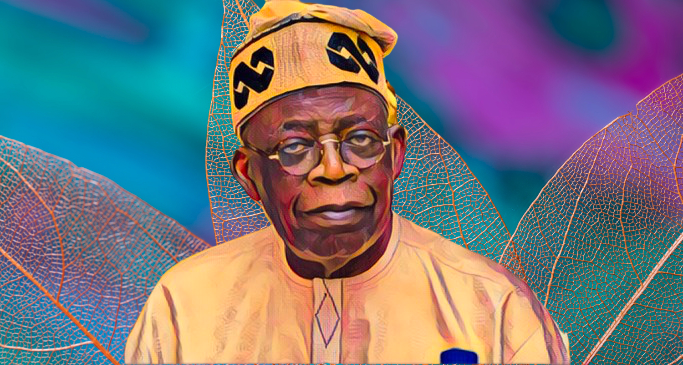Amid the economic turbulence gripping Nigeria, the naira has plummeted to a distressing N1,600 against the US dollar, casting a spotlight on the economic challenges proliferating under President Bola Tinubu’s governance. This decline, as reported by Aboki Forex, underscores a persistent struggle against the backdrop of concerted efforts by the Central Bank of Nigeria to arrest the naira’s downward trajectory.
Prior to President Tinubu’s ascension to office in May, the naira was already on a slippery slope against the dollar. However, the currency’s depreciation took a sharper dive after the government decided to float the naira, marking a significant turn in the nation’s fiscal management. By September, the naira had nosedived to an unprecedented N1,000 to a dollar at the parallel market, revealing the acute limitations of the administration’s strategies amid an inflationary surge.
According to a report by the People’s Gazette, the Association of Nigerian Licensed Customs Agents (ANLCA) has voiced its concerns, indicating that the floating of the naira has adversely impacted vehicle importation, signaling wider economic repercussions. Fast forward to January 31, and the naira found itself further weakened to N1,520.123 to a dollar, demonstrating a stark depreciation within a mere 24-hour window.
This financial downturn has ignited debates over the prudence of President Tinubu’s monetary policies, notably the elimination of fuel subsidies and the unification of foreign exchange windows. According to a report by PricewaterhouseCoopers (PwC), these measures have precipitated a near 98% devaluation of the naira, albeit with a silver lining of potential appeal to foreign investors, hinting at a prospective economic rebound in 2024.
The continuous depreciation of the naira underscores the formidable challenges confronting President Tinubu’s fiscal policy framework. Despite the inflationary pressures and diminishing economic purchasing power, the administration is framing these decisions as strategic moves toward reducing governmental expenditure and fostering a market-oriented economy. As Nigeria navigates these tumultuous economic waters, the efficacy of President Tinubu’s strategies remains under intense scrutiny, with the nation keenly awaiting the tangible outcomes of these bold fiscal maneuvers.


